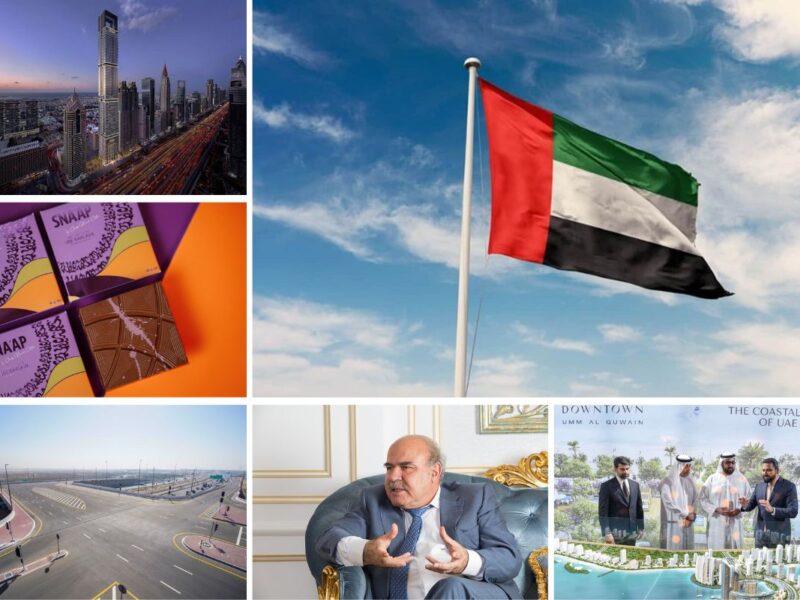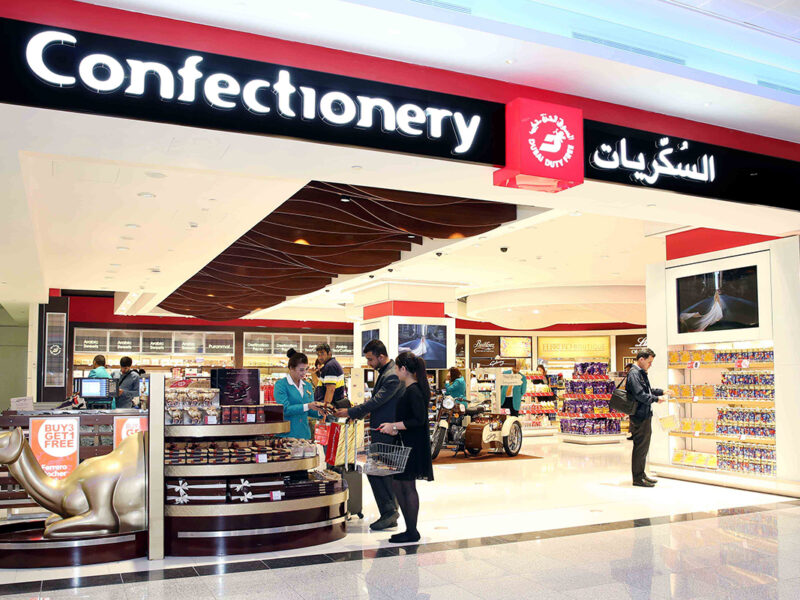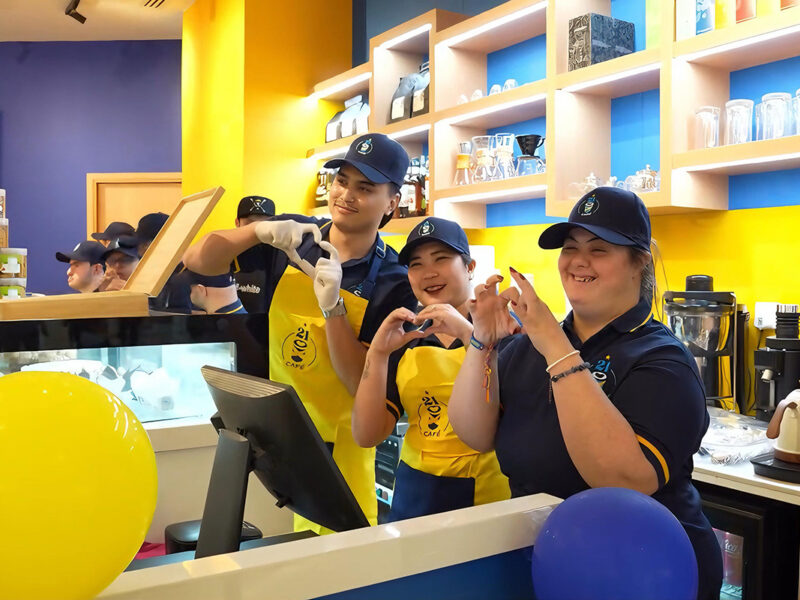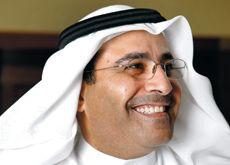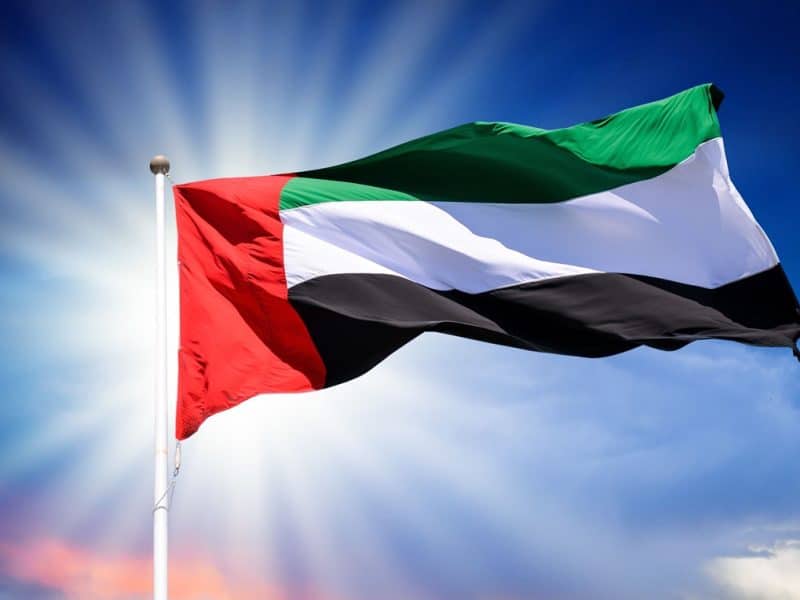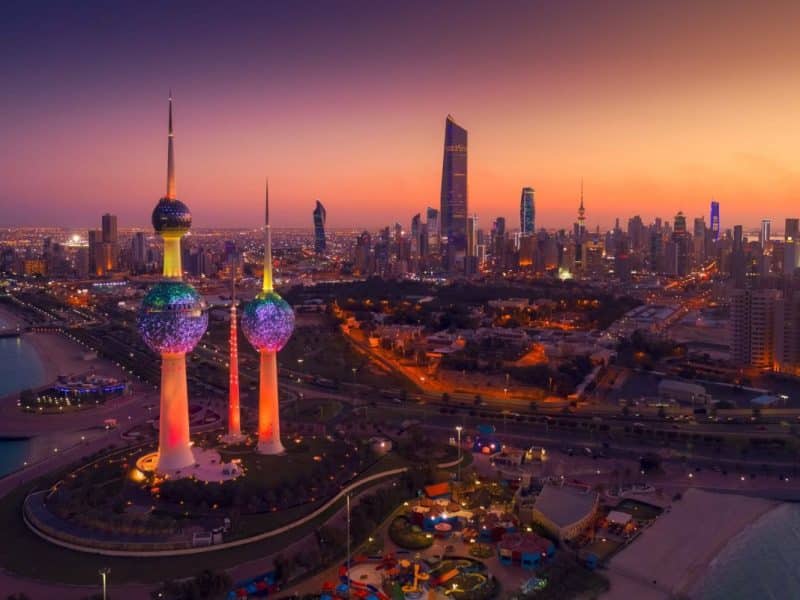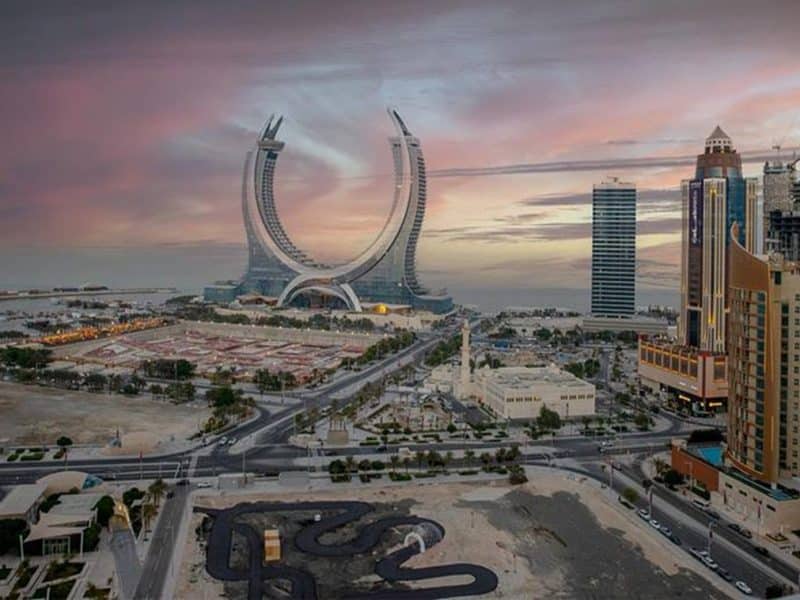The king of retail has ploughed $40m into Dubai latest shopping centre Mirdiff City Centre, he reveals why shopping is still the Gulf’s favourite pastime.
In the space of an hour, the many personalities of Mohammed Alshaya all make an appearance.
First off is Mr Curious. “I’m looking at you and what you are wearing, and how much you may have paid for that suit.” Next, Mr Statesman appears. “What happened last year is a technical issue, a financial issue. It does not affect the people of Dubai.” Later, Mr Angry enters the conversation. “Just because your name is Alshaya [it does] not guarantee you a job in this company… You are not privileged because you are a GCC citizen or because your country has oil.”
Not to be outdone, Mr Thumping of Tables joins us at the end. “What is happening with Arab youths in the public sector is a crime! IT IS CRIMINAL!” He may have many personas but there can only ever be one Mohammed Alshaya, the executive chairman of the Kuwait-based conglomerate Alshaya Group.
Twenty seven years ago, the Wharton School of Business graduate did a three months’ work experience stint at the UK-based retailer Mothercare, stacking shelves and advising mothers on which prams to buy. He clearly learnt a lot. Today, his retail empire MH Alshaya owns and operates over 1,800 franchise stores in fifteen countries and employs around 18,000 people from 60 nationalities.
From H&M to Debenhams, and Starbucks to Topshop, from Russia to Egypt and Slovakia to Turkey, Alshaya has carved out a $2bn retail empire. When Dubai’s latest shopping mall Mirdiff City Centre was opened last month, it featured a staggering 29 of his brands.
How does he do it? “Hard work and respect. Forget about your last name; be patient, gain credibility over time and learn how to become a professional. You are not privileged because you are a GCC citizen or because your country has oil. You have to do it on your own. You have to succeed on your own merit and compete,” he says.
That he is doing and now more than ever. While most retailers have either frozen or scaled back their expansion plans Alshaya is moving full steam ahead, ploughing $40m into people, property, infrastructure and marketing for Mirdiff City Centre alone.
The company has just recruited and trained 700 people to manage and staff the various stores in Dubai’s newest mall and the retail entrepreneur doesn’t have an ounce of concern that the recession may still bite. “The worst is over. I believe Dubai has the world-class infrastructure that they have invested in. It’s very difficult to repeat it anywhere else in the region; a world-class airport, world-class airline, world-class hotels.
The roads, the ports, the metro. You cannot cut the metro in half and take it away. It’s here, let’s enjoy it!” he says. “Yes, there will be some correction in values, that’s a fact… Many people cut back on their plans or changed their minds but we still believe Dubai is healthy and the people who come and enjoy Dubai, it is ticking. What happened is a technical issue, a financial issue. It does not affect the people of Dubai.”
We may have just been through the worst financial crisis in living memory but for Alshaya it is just that – a distant memory. It is, as he says many times over, time to move on. When pressed though, he admits the banks need to take some of the blame for what happened. “They (the banks) have come with the deals, they have encouraged new ideas. They share in the risk,” he says.
So has he learned much from the past year? “Yes. Don’t take things for granted and nothing is forever. Growth? There is no growth forever. What we have learnt from the crisis is to keep a lid on costs and a lid on taking huge risks. We have to calculate risks. As entrepreneurs everything has to be by the numbers but there is also gut feeling, there is the qualitative. You like something, you feel it, you do it. But not to the extent that when it goes wrong it breaks you. You must have a capacity for wrongdoing in business that will not damage you.”
He adds: “What is the R&D for Alshaya today? What do we do? Microsoft will bring in engineers to do software, drug companies will have scientists to develop new drugs. For our company, a $2bn company? It’s trying new concepts and new stores. If it doesn’t work, it’s not the end of the world, we close them. We take that space and occupy it with another store.”Luckily for him Alshaya doesn’t have to do too much of that. Over the years he has had a knack of picking the right stores for the right locations. He has also cushioned the company by diversifying its product offerings. It has moved into food retailing and food service, and within its fashion business it is no longer exposed to just a few segments of the industry.
In 1999, he acquired the licence to operate the group’s first food retail outlet Starbucks. This was followed by the franchises for Dean & Deluca in 2007 and PF Chang’s in 2009. Meanwhile the fashion retailer American Eagle and home furnishing brands Pottery Barn and Pottery Barn Kids – all from the US – have just chosen Alshaya for their first international venture. He picks out UK food giant Tesco as the one brand that he doesn’t have which he most admires – but hasn’t given up hope of one day luring them to the Middle East region. “I’m actually more excited about new launches now than I was ten years ago,” he says.
“I think it’s because we have much better confidence now in our ability to deploy new ideas and execute them. We have a better management team than ever.
“We have our trusted people who feel that certain colours and styles will do more, so it’s ever changing,” he explains.
“It’s not like being with Nestlè and they have Kit Kat; the same formula every day. Fashion is a dynamic industry. You have to change the windows, you have to dress the windows, you have to do promotions and take cuts in margins if you are not moving inventory,” he adds.
Alshaya’s passion for both fashion and his company is unmistakable. He looks appalled at the suggestion that he should quit while he’s ahead and sit on a beach enjoying his wealth. “I would get sick. I have continuous ambitions. For people who are passionate about what they do, they will not stop. As a businessman, I like the dynamism. Even if I go on holiday I don’t like to stay in just one place,” he says.
Alshaya’s retail domination began in the 1980s when he started working in the franchise department of the Kuwait-based group of companies The Alshaya Group. He quickly developed a flair for the retail industry and was promoted to CEO in 1999, just three years later he became the executive chairman of the whole group.
Looking back, he says the months he spent working in Mothercare – a retail franchise he now owns in the Middle East – was the most important of his experiences. “It makes you go back to square one. You forget about the tools you have learnt in business school. You park them aside and do the basics. Do warehouse work, logistics work and storage. Work in the store,” he explains.
“I had never worked in the store before so I needed to understand what it was that I need to do to make a sale – I had to smile and be helpful. If a woman wants to know how a pushchair works I have to be able to open it and close it, and encourage her it’s a good product. All of that taught me a huge amount – they surely were the kind of things that you cannot learn at university,” he adds.
As the years have passed, Alshaya has progressed from promising retailer to global business leader. In addition to overseeing his own business he is also a member of the Board of Trustees of the Arab Thought Foundation, a member of the Board of Trustees of Mentor Foundation (International), a member of the Wharton Board of Overseers and the chairman of the Kuwait real estate developer Mabanee. He also sits on the Supreme Council of Planning and Development of the State of Kuwait and is a member of the Foreign Direct Investment Council of Turkey.
Having seen and done so much, he is well placed to dish out advice to those wanting to follow in his footsteps. But so far, he is unimpressed by what he has seen. Last month, the second Arab Youth Survey conducted by Asda’a Burson-Marsteller showed a lack of motivation amongst Arab youths to enter the private sector. In the UAE, 61 percent of youths said they would rather work in the public sector. The figures draw the strongest anger from Alshaya.
“The public sector is security for life. That’s a big problem. How can I make someone secure in a job without measuring their productivity, and whether they are doing a good job and not whether they are secure? That is a crime. It’s criminal that this is being allowed to happen with our population in the public sector,” he says.
“We need to see our people as in hospitality and services, these are big industries. As flight attendants and working in coffee shops. And retail is a component of service; it is the largest employer in any economy. Services is the biggest employer – not the army, not the police, not the government.”
If Alshaya is concerned about the future of Arab youths, he is determined to make sure the future of his own company remains in safe hands. He has been steadily implementing what he sees as the very best corporate governance standards around the world into his own operation and is adamant that, despite being a family run company, there will be no special favours for his relatives.
“Our number one priority is to have the best people working with us. These people are ambitious and want to see themselves in my place. I don’t believe there has to be someone from Alshaya to take the position. Is it their right to take the position? No!” he says. “They have to prove themselves. Any relative who is ambitious and wants to get into a leadership position must prove [to me] that they are good enough. When we select someone we will drop someone else and we don’t want to drop someone who is better just because of his last name.” So the Alshaya name doesn’t guarantee you a job in the company? “No!”
And is he one day prepared to tell a member of his family that they aren’t good enough to be the CEO? “Yes.” He adds that he is willing to bring in non-executive directors and many of the corporate governance standards practiced by public companies. Offering shares of his company in an IPO is also something he refuses to discount.
“All the options are possible. We are always approached with different ideas to open up our company. It is maybe in the future – medium term, within four to five years. We are already applying those standards before we can go public.” He adds that any future flotation would “unlock value for shareholders, and generate fresh funds for much bigger expansion and acquisitions.”
It certainly promises to be a busy few years ahead for Alshaya. More expansion is expected across Europe and the Middle East, and the charismatic boss of the company is constantly on the lookout for new ideas, brands and franchises. But he quickly dismisses the notion that he enjoys the power of his profession.
“No, no no no. Power to do what? Influence, maybe, to influence ideas. Power has an aggressive feel to it, it can be destructive,” he explains, adding: “Retailing is a simple profession. It’s hard work and it’s a people profession. There is no place for luxury or arrogance. I walk in the sales floor and if I see something on the floor I will pick it up. I have no shame in doing that. If I go to any of our stores I will wait in line, and I will pay.” Really? Does the man who owns Starbucks Middle East franchise really pay for his own coffee? “Yeah, I do. No free Starbucks for me in this business.”
Given his track record over the past 27 years, few people would begrudge him a free triple caramel macchiato.

